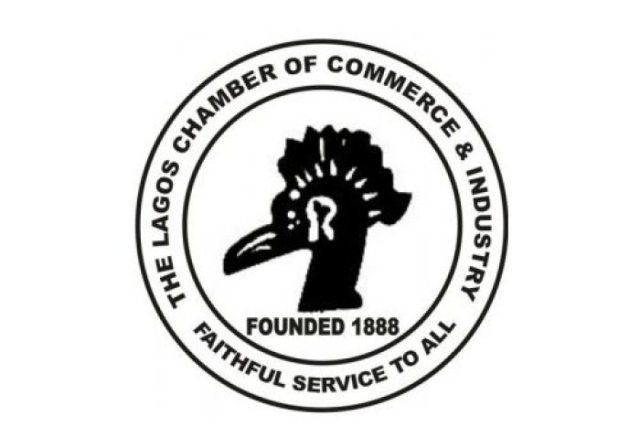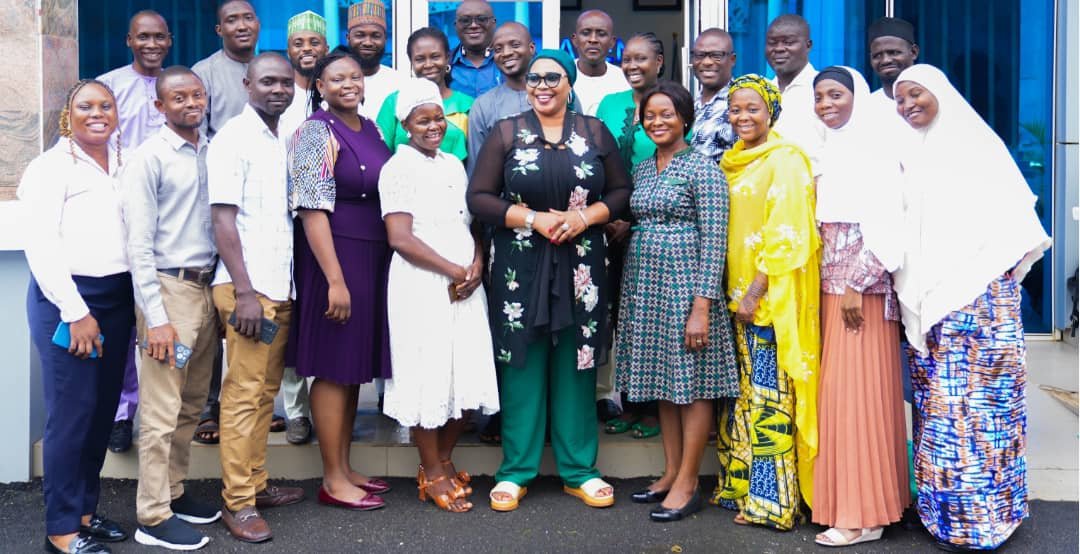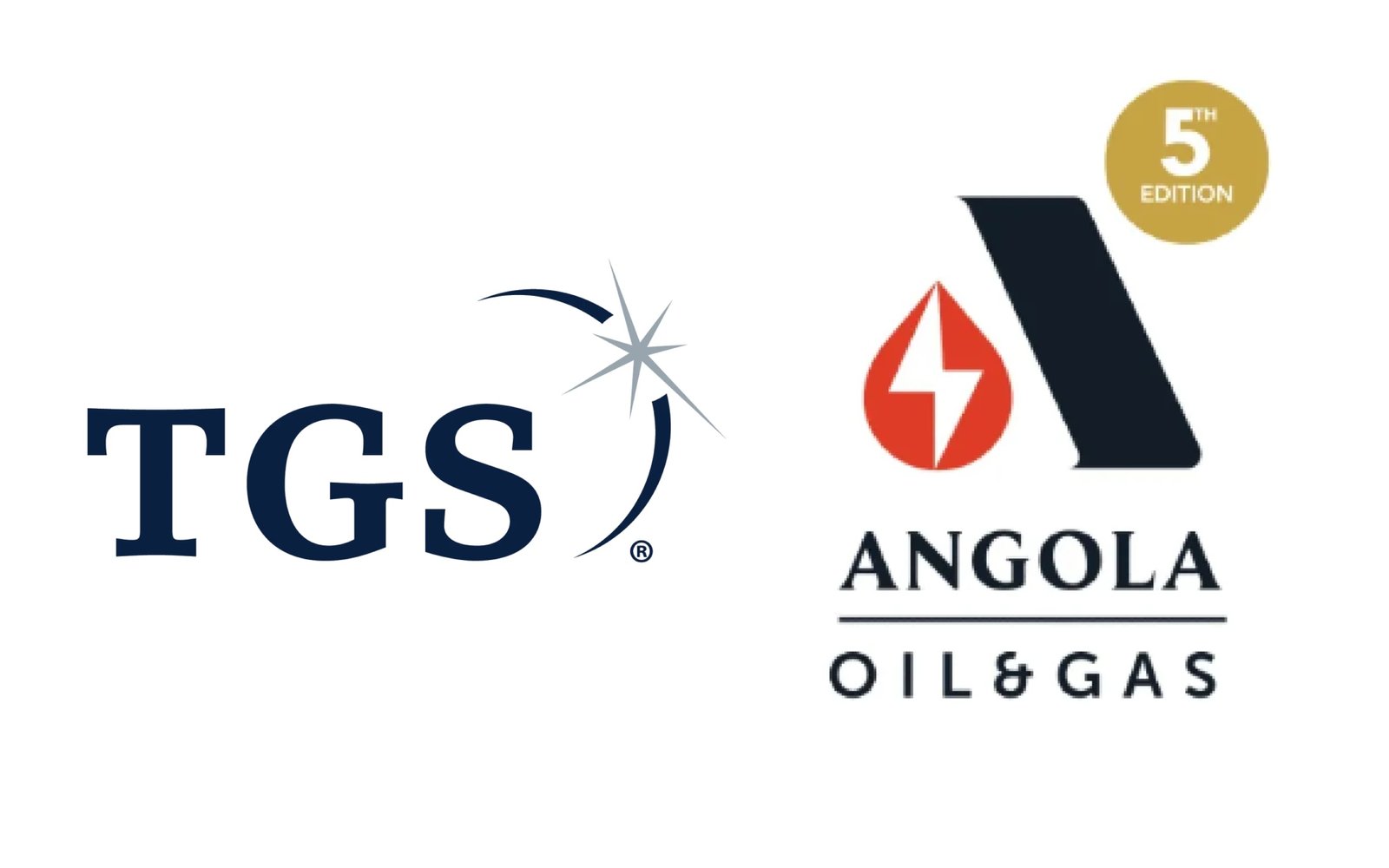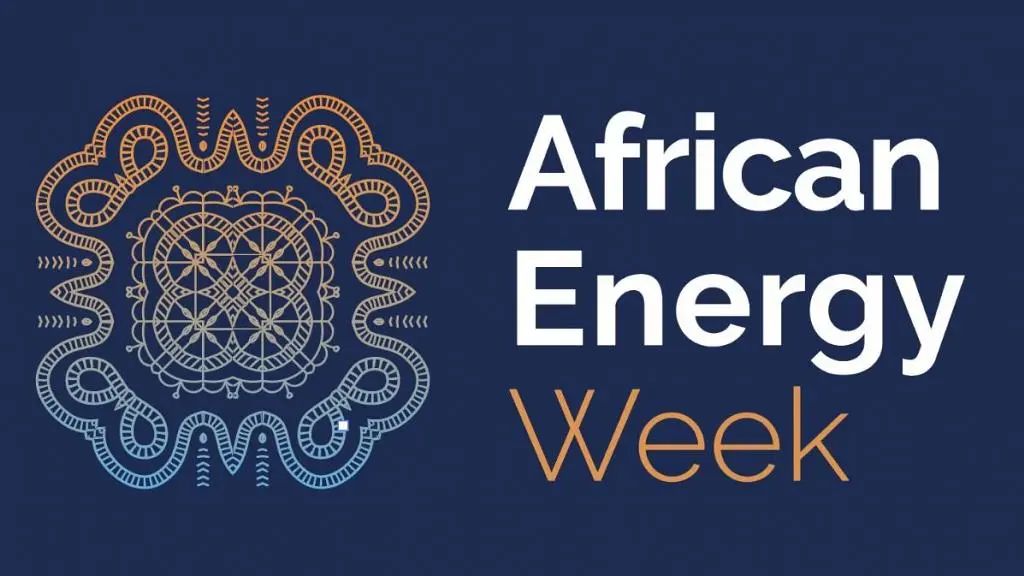By Eyo Nsima
The Lagos Chamber of Commerce and Industry, LCCI, Sunday, noted that the controversy over the payment of Value Added Tax, VAT, greatly disrupted businesses in Nigeria.
In a statement obtained by The Daily, www.thedaily-ng.com, Director General, Dr. Chinyere Almona, stated: “A court judgment restrained the Federal Inland Revenue Service (FIRS) from collecting Value Added Tax (VAT) and empowered the Rivers State government to collect tax from within the State.
“Following this, the Rivers and Lagos State Houses of Assembly passed respective Bills into law in their States to start collection 0f VAT. The Court of Appeal in Abuja has ordered a stay of execution of the court judgement pending the determination of the appeal filed by the FIRS.
“The first concern of the Chamber is the confusion that businesses face as to who is in charge of VAT collection. This is not healthy for the business community and planning. We, however, hail the swift intervention of the Court of Appeal to reduce the uncertainties surrounding these controversies.
“Businesses should not be subjected to unnecessary hurdles and made to pay the same tax twice from different agencies. The Federal Government should urgently establish an understanding with states on what is best for the nation and businesses.
“VAT was introduced in 1993 to replace the sales tax in the States. The original formula for the distribution was 50% to the Federal Government, 35% to States, and 15% to LGAs. But with effect from January 1999, the formula was adjusted to be 15% to FGN, 50% to States, and 35% to LGAs. Presently, the States and LGAs share their allocation using the factors of equality 50%, population 30%, and derivation 20%.”
She added: “We advise that the current sharing formula for the States and LGAs be adjusted using the factors of equality 20%, population 30%, and derivation 50% going forward. This arrangement should be agreeable to all concerned parties. This can drive innovation on revenue generation in all the States towards increasing their internally generated revenue. It will also make the States more sensitive to the needs of businesses in their respective States, knowing that an enabling business environment is likely to boost tax revenues.”








